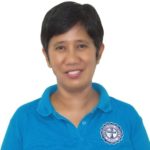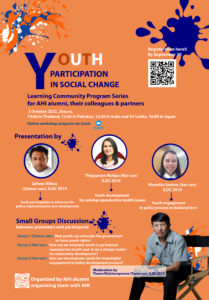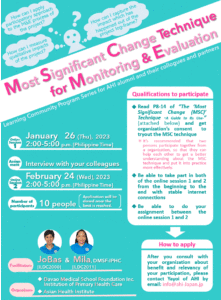Summary report on MSC in the Community Extension Services project sites (DMSF-IPHC, Philippines)
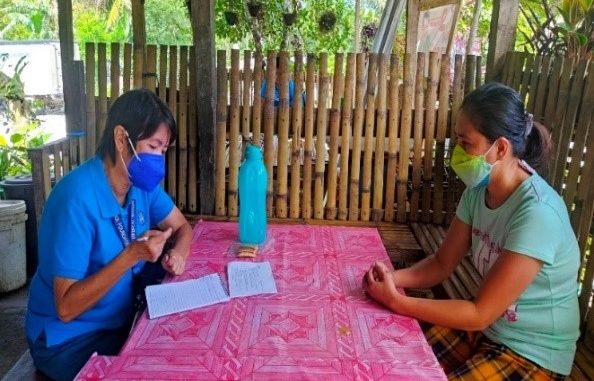
The Institute of Primary Health Care (IPHC) is the community extension arm of the Davao Medical School Foundation, Inc. (DMSF), participated in the program of “Learning from Divers Views and Values of People in Health and Development” to acquire knowledge and skills of the Most Significant Change (MSC) approach for monitoring and evaluating the existing program, project and activities of IPHC, so that we can document best practices of the organization and project, and apply the findings from and results of the MSC approach in the organizational processes.
About the project which IPHC applied the MSC technique
Name of the program: Community Extension Service (CES) Project
*The CES project was started in 2008 with the funding support from the DMSF to provide the venue for the students, faculty, and members of the DMSF community to implement innovative, relevant, and acceptable service.
The project site: 6 sitios (=hamlet) of Barangay (=village) Marilog, Davao City, the Philippines
Major activities:
1. Community organizing
2. People’s Organization (PO) formation and strengthening
3. Responding to the identified community needs, e.g., providing health support, educational support, and financial assistance as start-up capital for micro enterprise
4. Local governance improvement
MSC evaluation plan
Objectives:
1. To capture the quality of impact of CES project interventions
2. To determine strategies and mechanisms to improve project management.
Domains:
1. Quality of people’s lives
2. Level of people’s participation (in decision-making, resource mobilization, relationship with stakeholders and others)
3.Sustainability
MSC team formation and training
Mila D. Chavez and Josephine B. Alindajao who participated in the first step took the initiative to conduct a series of training workshops to 7 senior staff members in order to form 3 teams for a proper implementation of the MSC approach.
2 staff members in charge of the CES project also assisted the MSC teams in the preparatory activities like identification of the story tellers*, setting the schedule and venue of interview and preparation of the logistical requirements in 6 sitios.
*Three persons per a sitio
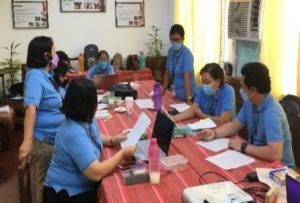
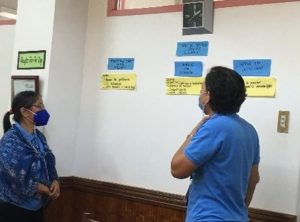
Collecting significant change stories
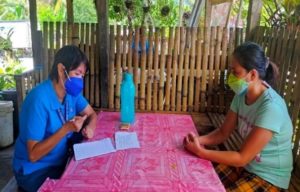
Each MSC team took charge of 2 sitios, made interviews with the story tellers namely the sitio leader, the representative of PO and a community member individually, and documented what each story teller described in details.
The MSC textbook instructs to ask questions about each domain one-by-one, however it was contemplated that such a specific domain might hinder the story teller from evoking memories and talking freely about what they thought. Therefore, the MSC teams decided to start with a simple open question “what is the most significant impact of CES project in the last 3 years?”, and then ask semi-structured questions while keeping 3 domains in mind. The reasons why the story teller thought that was significant were also explored by interview.
Selecting the most significant of the stories
Primarily, each MSC team took the responsibility to select the most significant one among 3 stories collected in the assigned sitio.
As a result, 6 stories from 6 sitios were brought up to the secondary selection in which all of 3 MSC teams had an in-depth discussion to classify the SC stories into 3 domains and select by far the MSC story.
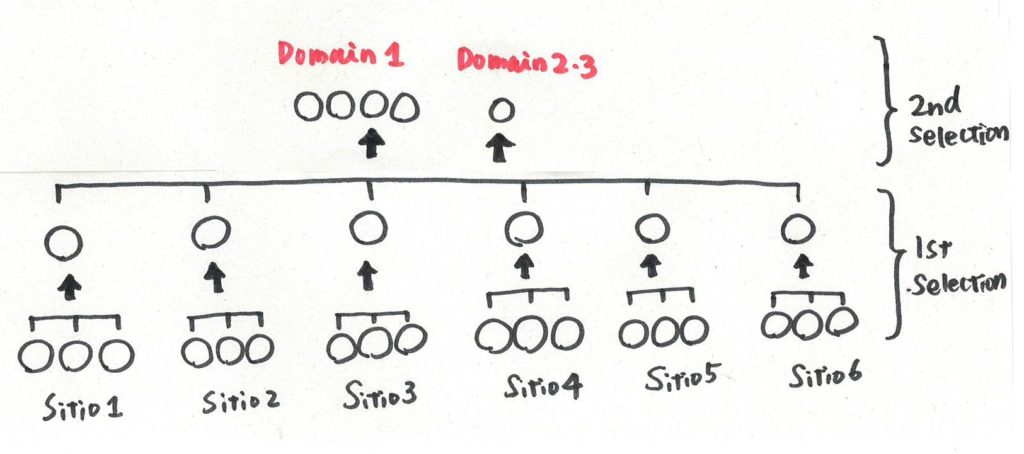
<The selection results and analysis>
Domain 1: Quality of people’s lives
4 stories related to potable water were selected under this domain because they gave a picture that improvement of accessibility to potable water created various impacts on the lives of the community members.
- Shaved time off to access to potable water
- Reduced family expenses for transportation in fetching water from other sitio and cost of water per gallon (from P10.00 to P4.00 per gallon)
- Increased family income by having other income source (ice, ice water, ice candy, hog raising) brought about by the availability of water
- Nurtured commitment of the Women’s Association to manage the water system
- Reduced the number of water-borne diseases in the community
- Increased awareness of the families on proper hygiene and sanitation that has resulted to increasing number of families with water-sealed toilet
- Improved environmental sanitation, wastes are properly disposed
Domain 2: People’s participation (decision-making, resource mobilization, relationship with stakeholders and others)
Domain 3: Sustainability
The story shared by a community leader was chosen as the MSC story under the domain of “People’s participation” as well as “Sustainability”.
The story told about his own leadership style, in ensuring the active participation of the purok members in the development activities.
- His involvement in the CES project started in 2008 in the water project.
- Because of the water project, the risks of women and children along the way from home to the water source and back was declined (road is slippery and stiff).
- Moreover, he was able to access funds from the City Local Government Unit (LGU) for the water project expansion with the endorsement of the Barangay LGU.
- The Women Association in the community was also engaged in the project by preparing documents for register and report to the Department of Labor and Employment (DOLE) which eventually linked the existing water system to food security & other livelihood project development funded by the Department of Agriculture, and by taking down the minutes of the meetings.
- A one-year development plan integrating Disaster Risk Reduction & Climate Change Adaptation (DRR-CCA) and other health related activities was formulated with the participation of the Women’s Association and other sectors in the community.
- Annual assessment of the plans was done by the Water Association with the stakeholders to ensure proper implementation of activities & to respond the emerging challenges.
The MSC teams analyzed as below.
- His knowledge and skills were enhanced in the process of responding to community concerns through dialogue and consultation with the community members.
- At the same time, his attitude and behavior promoted engagement of the community members in the projects that augment family income
- His regular participation to the Barangay LGU and other NGO’s programs enhanced the relationships & linkage with the Barangay Development Council (BDC), and it resulted in great success of resource(funds) mobilization including.
Feedback to the story tellers
Each MSC team gave feedback to the story tellers on the selected MSC story and the reasons behind the choice. It was a good venue to validate the story. The story tellers shared additional information whatever they know and thought related to the story. Through these interactions, most of the story tellers agreed to the selection result.
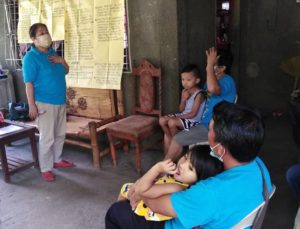
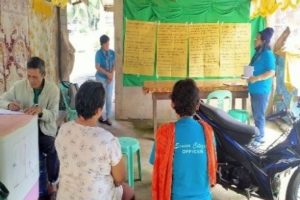
The learnings from diverse views and values of people involved in the CES project
IPHC learned that “people’s participation” and “sustainability” of the programs, projects and activities in the community is largely dependent on the type of leader that the community has.
- Leaders who espouse active people’s participation and those that provide opportunity for the community to take part in every step of the development process including decision making are the ones who value and believe that people’s participation is essential in responding to the felt needs of the community like accessibility to potable water and income generation.
- The participatory leadership coupled with active involvement of the people will surely result in continuity and sustainability of community-managed projects.
These learnings reminded IPHC of the importance of the following activities and strategies.
- Continue to develop community leaders who values participatory leadership and community participation;
- Facilitate the implementation of community programs that will respond to the basic and priority needs of the community
- Conduct regular re-tooling and capacity enhancement of leaders and second liners to ensure smooth leadership succession
- Strengthen partnership with existing stakeholders and build new partnerships with different sector having similar vision for community development
- Utilize MSC approach in the monitoring and evaluation of projects and in documenting good and best practices and initiatives in community development
Useful tips
- Categories
- Alumni now and Learning Community


